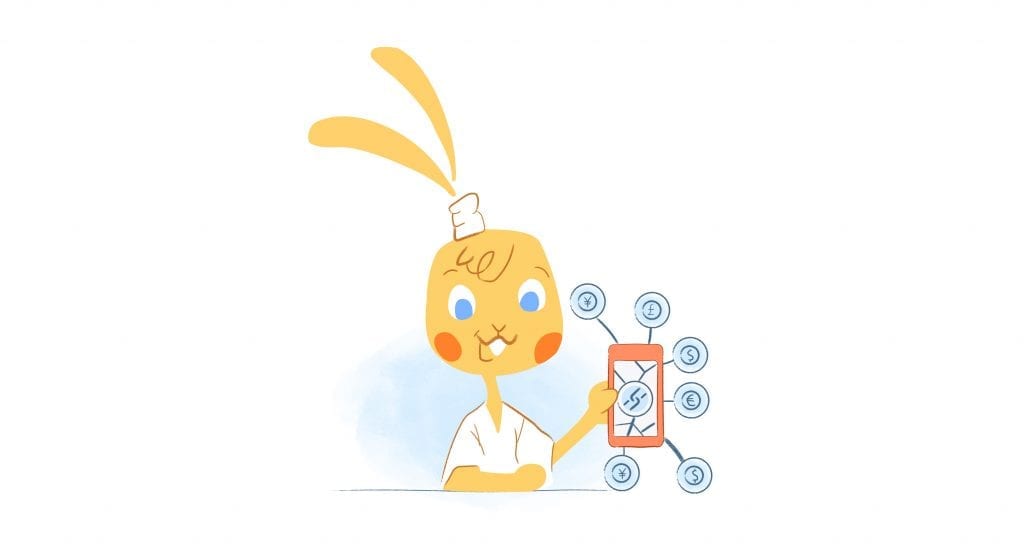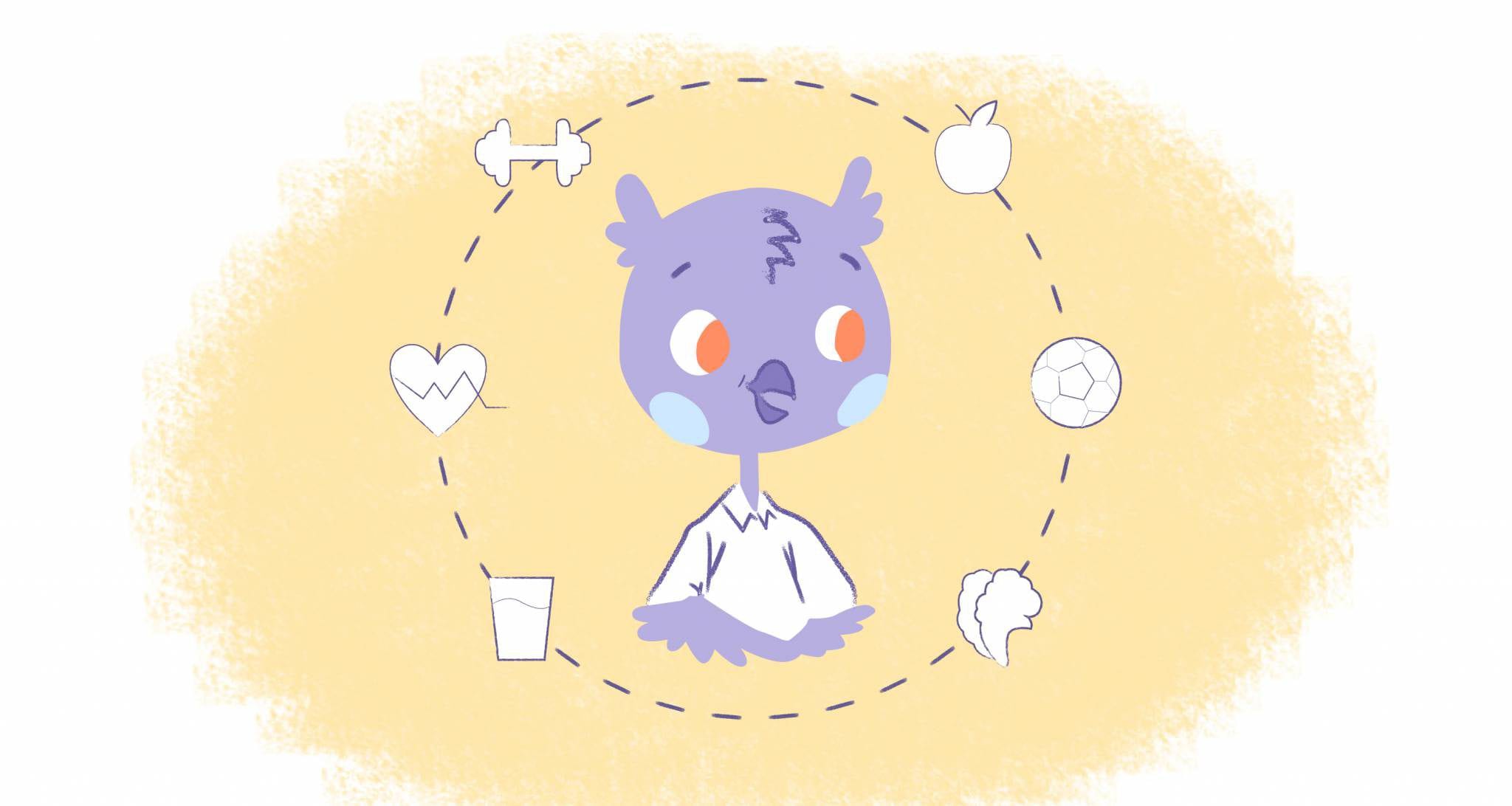

Over the last decade there has been a surge in how businesses use technology on a daily basis. This technology goes far beyond the devices, software, and apps that you can’t live without. The emerging technology includes artificial intelligence (AI). The reason? AI has some serious productivity benefits.
According to a study by Accenture, artificial intelligence has the capability to boost productivity by an impressive 40 percent or more. What’s more, thanks to automation, data collection, decision making, and cybersecurity, AI can also increase profitability by an average of 38 percent. As a result, AI will free valuable time for both you and your team.
But, is AI really going to change productivity forever or is it just a lot of hype? Right now, it appears that AI does have the potential to change our productivity for the better because of the following five reasons.
Automation and Eliminating Tedious Work
When you think of artificial intelligence this is probably comes to mind. And for good reason. AI has the power to automate those daily mundane tasks that chump away at your productivity. That’s not saying these tasks are pointless, it’s just that they’re tedious and time-consuming.
For an intelligent automation system to function, it must use these three components:
- Machine Vision. This is where a machine uses images to classify or identify a mechanism. The iPhone X facial recognition is an example of machine vision.
- Natural Language Processing. Instead of visual, NLP uses the human voice and text inputs to help machines determine the context. Google Assistant, Siri, and Alexa rely on NLP.
- Machine Learning. This is where machines analyze previous data and use that to make predictions. Calendar uses machine learning to make scheduling suggestions by reviewing your past calendars.
When these AI components are put to good use, they can be applied in a wide-range of areas, such as:
- Using chatbots to automate customer service inquiries, sales, and marketing messages.
- Matching individual content with individual platform users in order to generate more leads, improve the customer experience, and build communities.
- Improving the hiring process through tools like X.ai, which schedules interviews, and ClearFit, which identifies and ranks candidates.
- Software testing tools like Applitools, SauceLabs, Test.AI, ReTest can find and fix bugs.
- Preventing fraud and cyber attacks by identifying unusual behavior.
- Automating daily tasks like scheduling meetings, receiving briefings and booking Uber rides with Calendar and Zoom.ai.
- Getting your inbox with email apps like Astro, Zero, Spark, Clara Labs, and Notion.
- Reviewing contracts and simplifying workflows. For instance, Deloitte uses AI to scan thousands of legal documents and then organize textual information. This makes it easier to analyze. Deloitte Managing Director David Schatsky explains, that this “now makes it possible to do that kind of work a lot faster and more comprehensively. It completely changes the way that kind of work is done.”
Supports Your Decisions
David Allen, the inventor of Getting Things Done, told Martin Welker in an Entrepreneur article that, ”Systems will get better at presenting the relevant data to optimize our experience in every situation — at the right place, at the right time.
We need to think of productivity systems as supporting systems for our decision process.”
AI won’t completely eliminate decision making. Instead it have the ability to support the decision making process. For example, insurance underwriters could be supplied with millions of publications discussing emerging risks. This will help them make better decisions much faster.
Italian train operator Trenitalia has used AI to predict when machinery needs to be repaired. This way they can handle the maintenance before a problem arises.
Online calendars, such as Calendar, can review your past schedule to make suggestions on how to manage your day. It can also make suggestions on when, where, and how meetings should occur.
Allen adds, “Neither these new presentation forms nor trends like A.I. will make a decision for you. That won’t work. I see that A.I. can support your decisions but we still will use our heads to make decisions.”
Access to Immediate, Actionable Insights
“One of the most exciting opportunities with AI is its ability to identify and understand patterns in Big Data that humans currently cannot,” writes Sayan Bose in the Digitalist Magazine.
“AI can predict future opportunities and recommend concrete actions your manufacturing company can take today to capitalize on these opportunities.”
Another example would be using your smart calendar to run your meetings. You would record the meeting with your phone, but AI technology would recognize your voice and analyze your presentation. It could identify when you went off topic and provide tips on how to improve.
Labor and Capital Augmentation
As noted in the study conducted by Accenture, the authors write, “Existing labor and capital can be used much more effectively as Artificial Intelligence enables workers to focus on what they do best—imagine, create and innovate.”
In other words, AI can complement and enhance your existing skills.
For example, during his TED Talk, computer scientist and entrepreneur Tom Gruber says, “let’s say you’re an engineer. You want to design a new frame for a drone.
You get out your favorite software tools, CAD tools, and you enter the form and the materials, and then you analyze performance. That gives you one design.” However, “If you give those same tools to an AI, it can generate thousands of designs.”
Gruber goes on to say that eventually AI will enhance our memory as well.
“What if you could have the AI read everything you’ve ever read and listen to every song you’ve ever heard? From the tiniest clue, it could help you retrieve anything you’ve ever seen or heard before. Imagine what that would do for the ability to make new connections and form new ideas.”
Makes Teams More Diverse
Because AI can remove any bias from job descriptions and hiring process, you’ll end-up with a more diverse team that can bring unique skills and fresh ideas to the table.
That may not sound like a big deal. But, a McKinsey report shows that diverse teams are smarter, more effective, and successful. As a result, they’re also more profitable. That’s because diversity encourages outside the box thinking and innovation.











Albert Costill
My name is Albert Costill and I'm a content marketer at Calendar. If I can help people become more productive in my journey, even better. If you ever have a question about your Calendar or how you can use it - - don't hesitate to reach out. I'm a Calendar Pro.